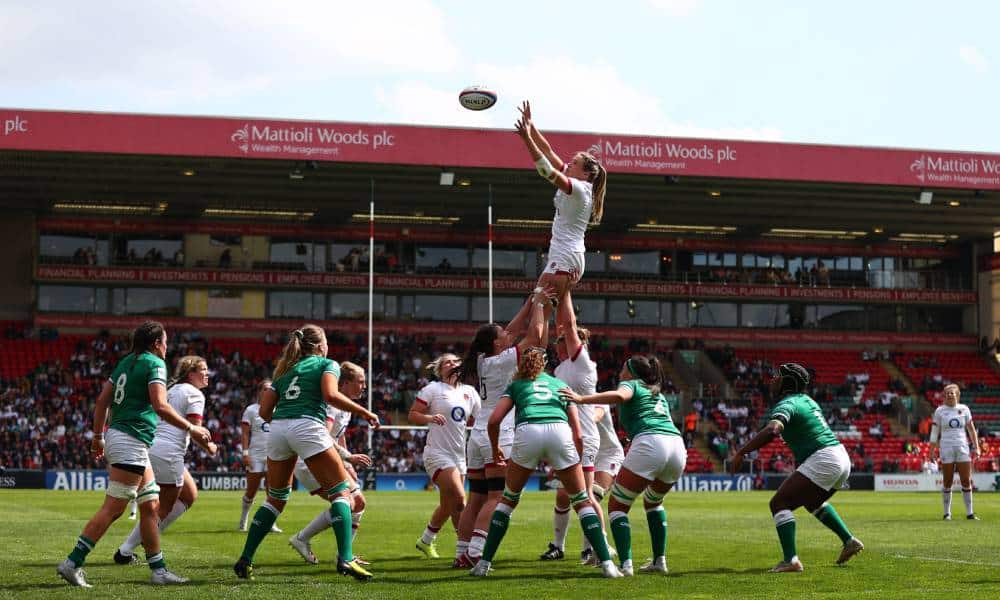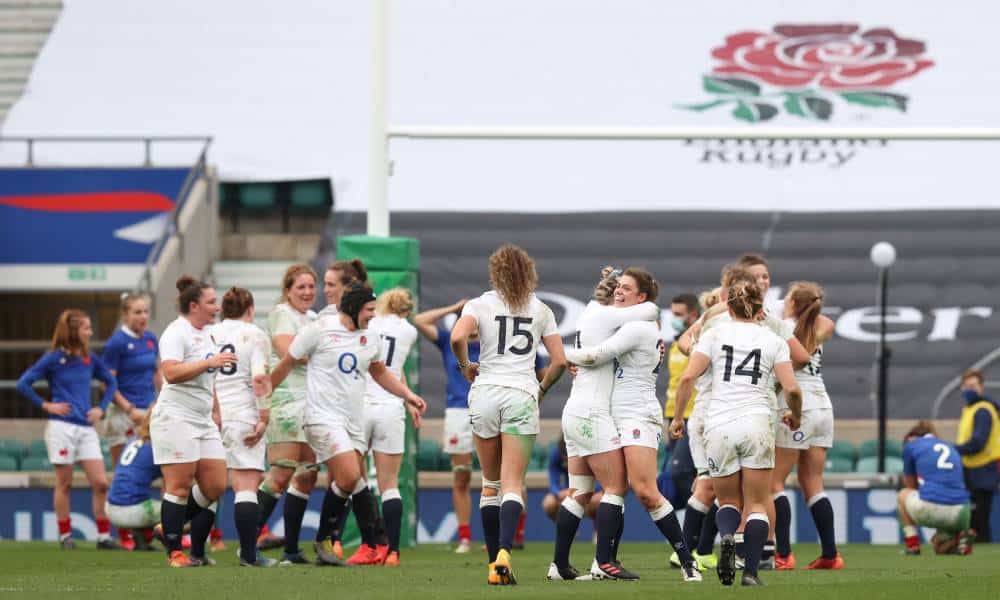Trans women could be banned from women’s rugby in England under proposed policy change
Trans women will be barred from playing women’s rugby in England under new recommendations from the Rugby Football Union (RFU) to be voted on soon.

The move represents a U-turn from the governing body’s policy which proposes trans women who weigh more than 90kg, taller than 170 cm or both should undergo a “risk assessment” to decide if they’d pose a threat to cis women. LGBTQ+ advocates lambasted RFU over the policy and said it must “try harder” if it wanted to make “rugby more inclusive for players”.
The RFU said it will soon be voting on recommendations that trans women be outright banned from participating in women’s rugby. The organisation began the consultation on its gender participation policy for English domestic contact rugby after World Rugby, which governs the sport of the rugby union, banned trans women from elite sport in 2020.
The RFU said it received over 11,000 responses to a game-wide survey on the matter and listened to a “wide range of views as well as considering scientific evidence and guidance from other sporting bodies”.
The governing body stated its scientific findings provided the “basis of the recommendation that the inclusion of trans people assigned male at birth in female contact rugby cannot be balanced against considerations of safety and fairness”.
The RFU believed six trans women are currently playing community rugby in England, according to the Guardian. The women have been cleared to play and approved by an independent medical panel.
But the RFU said the “case by case assessment” is not “without difficulties and can result in players not being permitted to participate”. So it recommended this approach is “no longer a viable option”, claiming it “does not necessarily ensure inclusion”.
“Therefore, the RFU Council will vote on a recommendation for a policy change for contact rugby to only permit players in the female category whose sex recorded at birth was female,” the statement continued. “In the male category, it is proposed that players whose sex recorded at birth is female may play if they provide their written consent and a risk assessment is carried out.”
The vote on the new gender participation policy for domestic rugby in England will take place on 29 July. If the recommendations are not approved, the RFU said the existing policy will remain in place.

The English governing body said it had contacted registered trans female players – who would be banned from playing the sport they love if the policy goes into effect – to “offer its support in continuing them to participate in the sport”.
The RFU initially resisted following World Rugby’s ban in 2020. The organisation said, at the time, that “further scientific evidence is required alongside detailed consideration of less restrictive measures in relation to the eligibility” of trans players.
The RFU added it was “committed to LGBTQ+ inclusion as well as safety and fairness across all levels of the game”.
The International Rugby League barred trans women from competing in international competitions until at least the end of 2022 as it reviewed its “trans women inclusion policy”.
Emily Hamilton, a trans woman and co-chair of QuinsPride, previously told PinkNews it has been painful to see the sport she’s loved since she was a child say women like her should play with other women.
“The very thing that’s now weaponised against me as a trans woman is that I’m incredibly tall, so I played the second row for the entirety of my career,” she said, “but it means I was able to play a sport that took advantage of all differences in body shape.”
Karl Ainscough-Gates, the chair of the World Rugby-recognised umbrella organisation International Gay Rugby, added there are no examples of trans women causing serious harm to a cis player. He added that players risk injury “as soon as you take a step on the pitch” because “it’s a contact game, we don’t try to hide that”.
There is little to no scientific research on the performance of trans athletes at the highest levels of sports. Though some studies have pointed to potential residual strength and muscle mass advances in trans women, some researchers stressed that biological sex isn’t straightforward and testosterone doesn’t play as large a role in sports performance as some might think.
